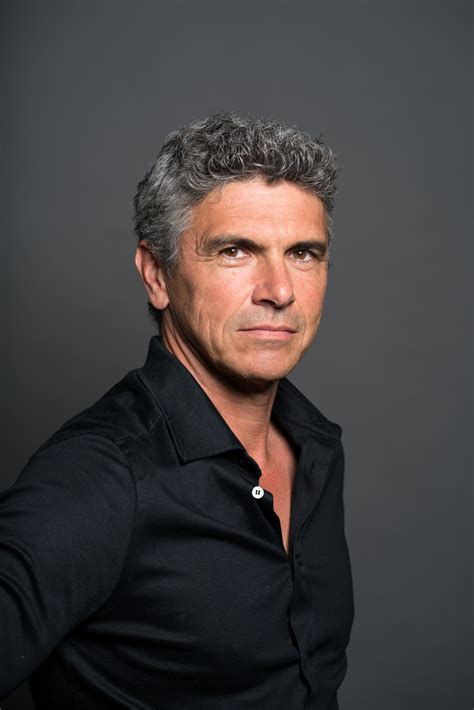A Quote by Maria Popova
Curation is a form of pattern recognition - pieces of information or insight which over time amount to an implicit point of view.
Quote Topics
Related Quotes
The important thing is that over time, scientific progress transforms things that used to have to be dealt with in a problem-solving mode down to the pattern-recognition space; and from pattern recognition into the rules-based mode. This is the mechanism by which less-trained people are enabled to do more sophisticated things. This is always the way disruption happens. It enables a larger population of less-experienced people to do more sophisticated things.
Students and scholars of all kinds and of every age aim, as a rule, only at information, not insight. They make it a point of honour to have information about everything, every stone, plant, battle, or experiment and about all books, collectively and individually. It never occurs to them that information is merely a means to insight, but in itself is of little or no value.
But every point of view is a point of blindness: it incapacitates us for every other point of view. From a certain point of view, the room in which I write has no door. I turn around. Now I see the door, but the room has no window. I look up. From this point of view, the room has no floor. I look down; it has no ceiling. By avoiding particular points of view we are able to have an intuition of the whole. The ideal for a Christian is to become holy, a word which derives from “whole.
A novelist can shift view-point if it comes off. ... Indeed, this power to expand and contract perception (of which the shifting view-point is a symptom), this right to intermittent knowledge - I find one of the great advantages of the novel-form ... this intermittence lends in the long run variety and colour to the experiences we receive.
The most common way people could do time-travel would be a form of meditation in which you don't get caught up in your thoughts and don't make patterns of logical consequences follow as a result of your thinking process. It's very hard for most of us to do that if we think about it. But if you start to watch the process by which things come into being, and you begin to witness from the point of view of watching the words form, then you're beginning to move into the non-temporal mindset, or that which is free of time.
The rhythmic pattern of the poem, which forces continuity of attention - incites a pleasurable compulsion to 'follow' - is either a tried metrical suasion-contrivance or a specially invented pattern of physical insistences, equally, if not more, binding in its effect on the reader. From a straight linguistic point of view, there is room for wonder if there is not latent vice in this environment in which pleasurable physically-compelled responses, produced by incidents of poetic utterance, are identified with the Good.
As a blogger, Chez Pazienza is filled with outrage, passion and insight -- delivered with a distinctive point of view, a wicked sense of humor, and a two-fisted style of prose. In Dead Star Twilight, he turns all these on himself -- and produces a fierce, funny, disturbing, but ultimately uplifting memoir. This is the book A Million Little Pieces dreamed of being.





































